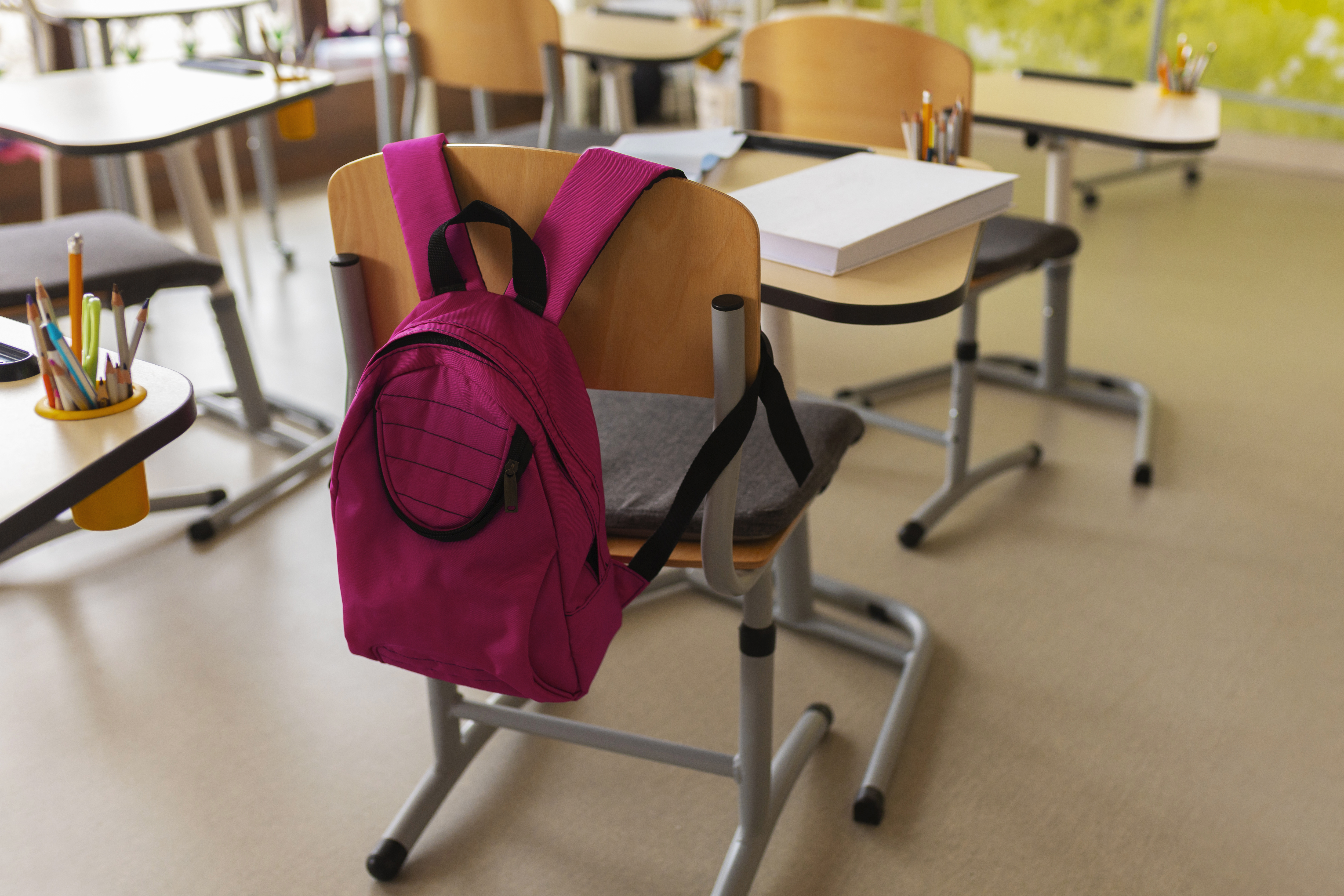 Return to Articles
Return to Articles
8.01.2024
Nevada's Policy on Expulsion and Suspension in Early Childhood Settings: A Summary for Parents

Nevada has a policy to handle the expulsion and suspension of young children in early childhood programs, from birth to kindergarten. This policy helps families and early childhood programs create environments that support kids' social and emotional growth while minimizing suspensions and expulsions. This article provides a summary of the state policy for parents and families.
What is “Expulsion and Suspension in Early Childhood Settings”?
Expulsion
This means a child is permanently removed from their early childhood program (such as a child care or daycare program) or preschool. They are not allowed to come back to that program because of their “behavior.”
Suspension
This means a child is temporarily not allowed to attend their early childhood program or preschool. They might be asked to stay home for a certain number of days because of their “behavior.”
In both cases, the child misses out on learning and being with their friends, which can make it harder for them to succeed in the future.
Exclusionary discipline practices, like expulsion and suspension, are adult behaviors that occur in response to children’s consistent, persistent, and/or intense challenging behavior. These adult behaviors do not teach children the needed social and communication skills to be successful and they prevent children from accessing educational opportunities.
Parents and families may use the information in this policy to work with their early childhood program to help provide the support and resources needed to prevent expulsion and suspension during this critical period of child development.
Goals of the Policy
- Prevent Expulsion and Suspension: The main goal is to stop young kids from being expelled or suspended from early childhood programs. These practices are seen as harmful and not effective in teaching good behavior.
- Encourage Positive Discipline: The policy promotes using positive discipline practices that support kids' development and learning. This means teaching social skills and communication instead of punishing bad behavior.
Key Principles
- Inclusive Practices: All kids should be included in early childhood programs, no matter their behavior challenges. Programs should use strategies that support all kids' participation and success.
- Support for Families: Families are key partners in promoting good behavior. The policy highlights the importance of working with parents to understand and address their children's needs.
- Training for Educators: Early childhood teachers get training and resources to use effective behavior management strategies, helping them create supportive and inclusive classrooms.
Strategies for Implementation
- Early Identification and Support: Programs should identify kids who may need extra help early on and provide the right interventions. This can prevent behaviors that might lead to suspension or expulsion.
- Collaboration with Specialists: Programs should work with mental health consultants, behavior specialists, and other professionals to support kids with challenging behaviors.
- Data Collection and Monitoring: Programs should collect data on suspension and expulsion practices to track their use and effectiveness. This helps find areas for improvement and ensures that exclusionary practices are minimized.
Benefits of the Policy
- Better Outcomes for Kids: By focusing on positive behavior support and early intervention, kids are more likely to succeed in their early childhood programs and beyond.
- Stronger Family-Program Partnerships: Families and teachers working together can create better support systems for kids.
- Improved Teacher Skills: Training helps teachers feel more confident and capable in managing challenging behaviors.
What Parents Can Do
- Stay Informed: Learn about the policies and practices of your child's early childhood program regarding discipline and behavior management.
- Work with Teachers: Collaborate with your child's teachers to share insights about your child's behavior and to develop consistent strategies between home and school.
- Seek Help: If your child is experiencing behavior challenges, ask about available resources and support services that can help both you and your child.
Nevada’s policy on expulsion and suspension in early childhood settings aims to create supportive, inclusive, and effective learning environments for all children. By focusing on positive discipline and early intervention, the policy seeks to reduce suspensions and expulsions and promote better outcomes for young children and their families.
Resources for Parents:
Link to the full “State of Nevada Policy Statement on Expulsion and Suspension in Early Childhood Settings” on the Nevada Early Childhood Advisory Council website.
YouTube video presentation on the “State of Nevada’s Policy Statement on Expulsion & Suspension in Early Childhood Settings”, presented by the Nevada Pyramid Model Partnership.
To find supports and services for your child, visit the “Special Needs and Early Intervention” services page on First 5 Nevada to learn about programs and services and see what you qualify for.






